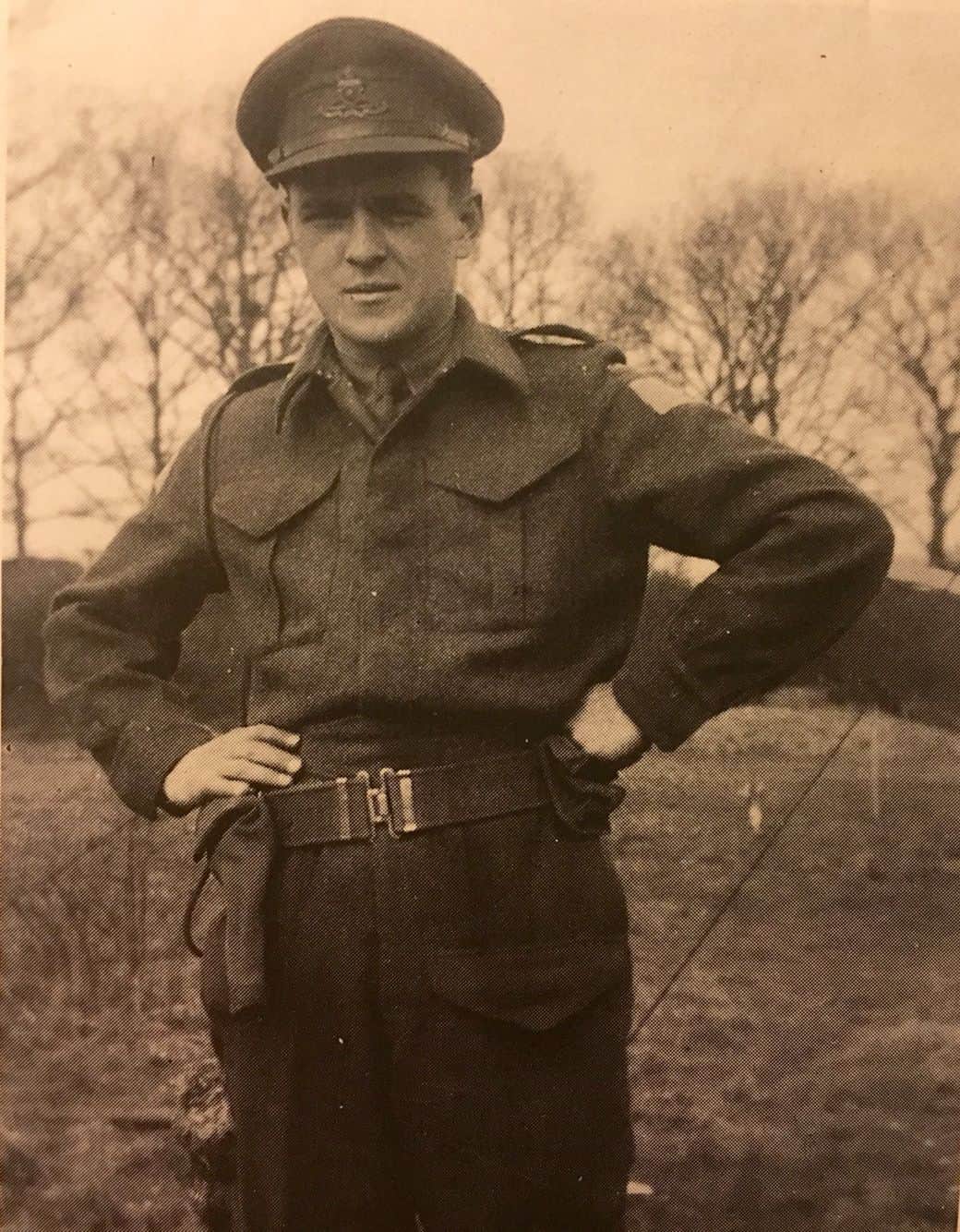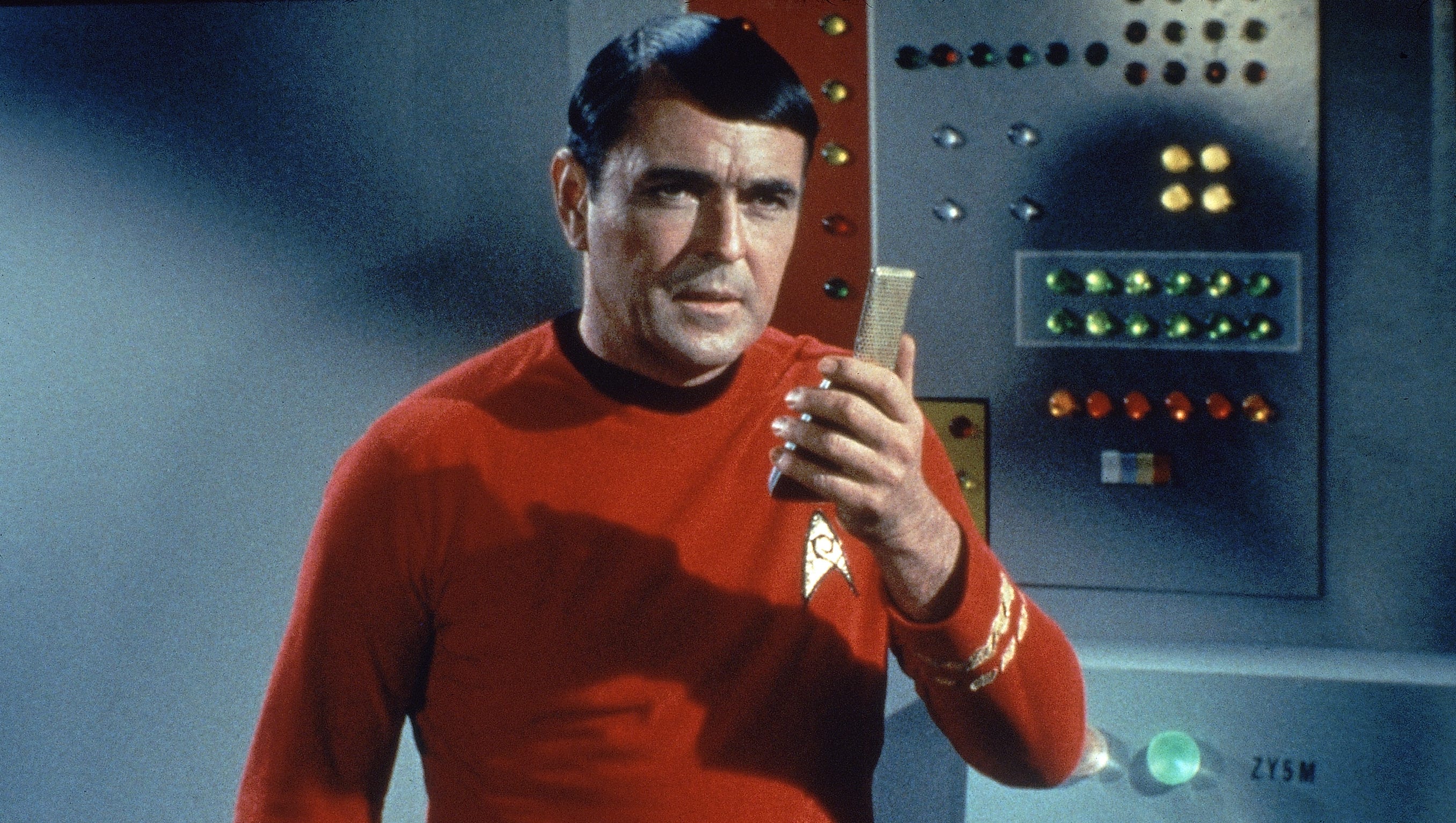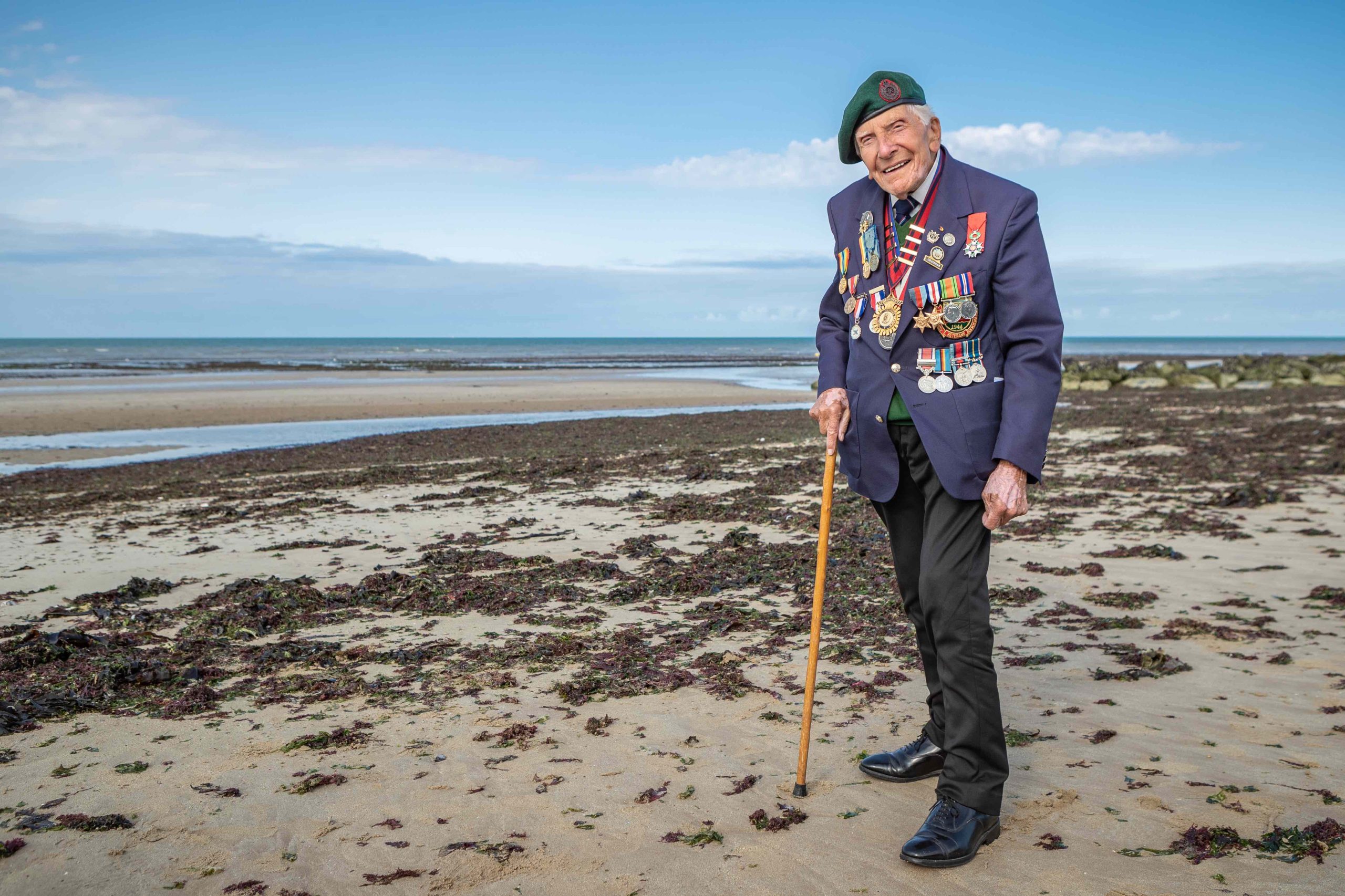TangoTwoBravo
Army.ca Veteran
- Reaction score
- 3,765
- Points
- 1,110
The performance of Keller is hard to characterize as good (are we allowed to say "good" or "poor?"). During the later battles it is hard to see any of the Div Comds as stellar, and at least one Bde Comd was apparently drunk in battle. during Totalize.A few points come to mind:
1. Someone smarter than me once said to never use victory and defeat when evaluating military performance. The terms are loaded. What we are really looking for is did a fighting organization achieve what it set out to do, at what cost did it achieve it, and was it able to operationally utilize a tactical success. The terms "succeed" and "failed" are better. So, if we look at 3 Cdn Div, it achieved its OVERLORD mission (defeat the counterattack), at a heavy cost (as it faced the brunt of the German counterattack). I SS Pzr Corps failed in its mission, which was to drive to the beaches to defeat the invasion, and at heavy cost as well.
2. Milner doesn't look to much into Mesnil-Patry (and nor did I) as, although it was the last engagement of the initial beachhead battles, it occurred after the initial "mission success" (defeat the German counterattack). From what I read, it was poorly put together and executed, and the units involved were opposed to it. This, with my critique of Cunningham above, might give credence to English's thesis that the real weakness was with Bde and Div commanders.
3. Stacey wouldn't say it was with Bde and Div Commanders because they were running the Army at the time.
Some authors are quite precious regarding Simonds (for the later battles), but freely castigate leadership above and below him.
The 11 Jun battle was advanced by a day, having been intended to occur on 12 Jun. On 10 Jun, however, Gen Dempsey (Brit Army Commander)) ordered it moved forward by a day, and somehow this advancement in the timetable took 15 hours to reach the CO of 1H. Bde Orders were held at 2200 hrs on 10 Jun based on the original H-Hour on 12 Jun. At 0400 on 11 Jun the CO was beginning battle procedure for an attack he thought would start on 12 Jun. At 0730 hrs the advancement in the timetable was received at Bde HQ, and about 30 minutes later the CO was aware. The loss of 30 minutes between receipt at Bde and dispatch to Regt makes sense - commanders and staff need time to process and maybe ask in 1944 language "WTF?" The mystery is the path that the advancement in timing took from Army to Corps to Div and then to Bde.
The QOR received their orders at 1100 hrs, and CO 1H issued his orders to his Sqn Comds at 1215 hrs, 45 minutes before H-Hour. The H-Hour timing was pushed back to 1430 hrs, but BP was still very rushed.
There were tactical mistakes, to be sure, but an operation intended to be a deliberate attack turned into a very hasty attack that included a re-grouping before going in.










